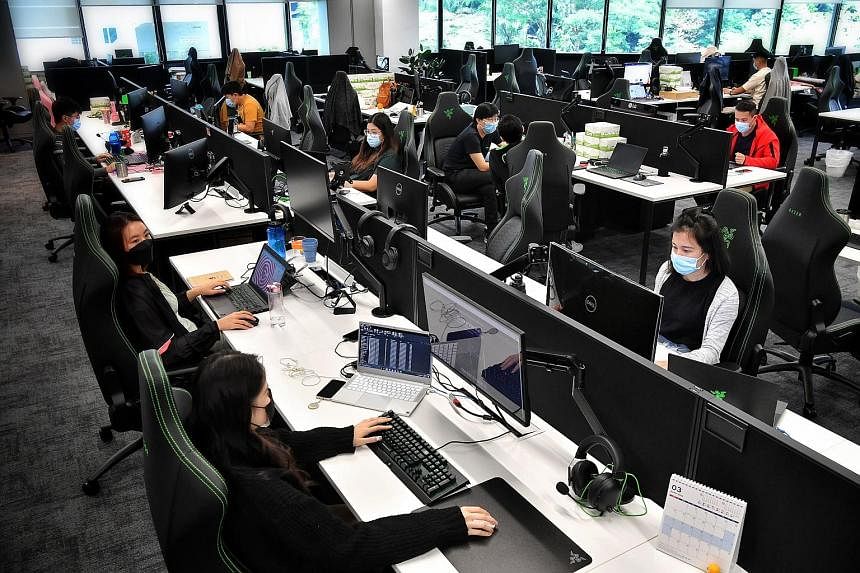SINGAPORE - A national task force on mental health will focus on three key areas to support well-being in the community - boosting access to mental health services, strengthening support for youth mental health and stepping up resources for employees in the workplace.
During a debate in Parliament on Tuesday (July 5), Senior Minister of State for Health Janil Puthucheary addressed MPs' concerns regarding mental health support in Singapore and discussed the preliminary recommendations put forth by the Interagency Taskforce on Mental Health and Well-being.
In response to questions by Ms Nadia Ahmad Samdin (Ang Mo Kio GRC), Dr Wan Rizal (Jalan Besar GRC) and Ms Tin Pei Ling (MacPherson), Dr Janil said that the task force is currently conducting a public consultation to seek views on its preliminary recommendations, which will end on Aug 7.
"The findings from the public consultation will enable the task force to refine the recommendations and develop a national strategy on mental health and well-being. Following this, indicators will be developed to measure the implementation progress and effectiveness of the strategy," he said.
Ms Nadia raised the record number of cases of suicides among seniors in 2020, when there were 154 deaths, the highest since 1991, and asked if there would be special focus on the mental well-being of the elderly and caregivers.
In his reply, Dr Janil noted that healthcare providers would take a holistic approach to the well-being of seniors that caters to both their physical and mental health needs.
"Some of the efforts that we're making around the larger strategy of mental health will directly improve access to and services for the elderly. For example... we are looking at community care providers to bring some of the services closer to home, including eldercare centres," he added.
Noting that the Institute of Mental Health (IMH) was the "first port-of-call" for elderly people exhibiting self-harming and aggressive behaviour, Ms Tin asked if the capacity of IMH would be sufficient to deal with such cases.
Dr Janil said the task force was trying to shift the perception of IMH as the first and most important point of help and instead, develop a wider network of health and social care organisations to support the needs of seniors.
Among the recommendations are the designation of "first-stop touchpoints" for residents to find mental health services easily and equipping front-line service providers with the knowledge and training to help residents.
To help support employees' welfare in the workplace, the task force proposed improving vocational training and job opportunities for those with mental health conditions, among other suggestions.
To better support young people, the task force recommended the development of a parents' toolbox which will enable parents to support children's social-emotional well-being and promoting the positive use of social media and technology.
Youth mental health has been in focus in recent months, with the number of suicides among young people aged 10 to 29 hitting a record high of 112 cases in 2021, up by 11 cases from the year before.
A spokesman for suicide prevention non-profit Samaritans of Singapore said that the number of suicide cases last year among those in this age group was the most reported since the Samaritans' earliest recorded data in 2000.


